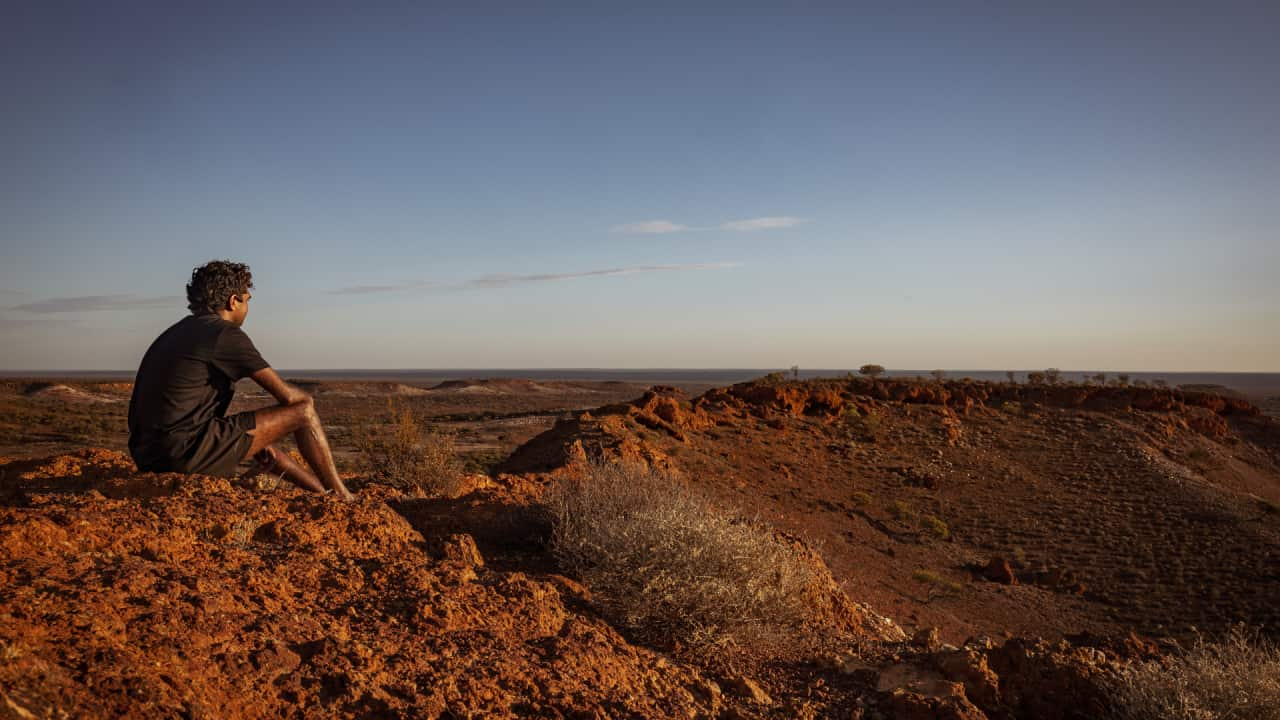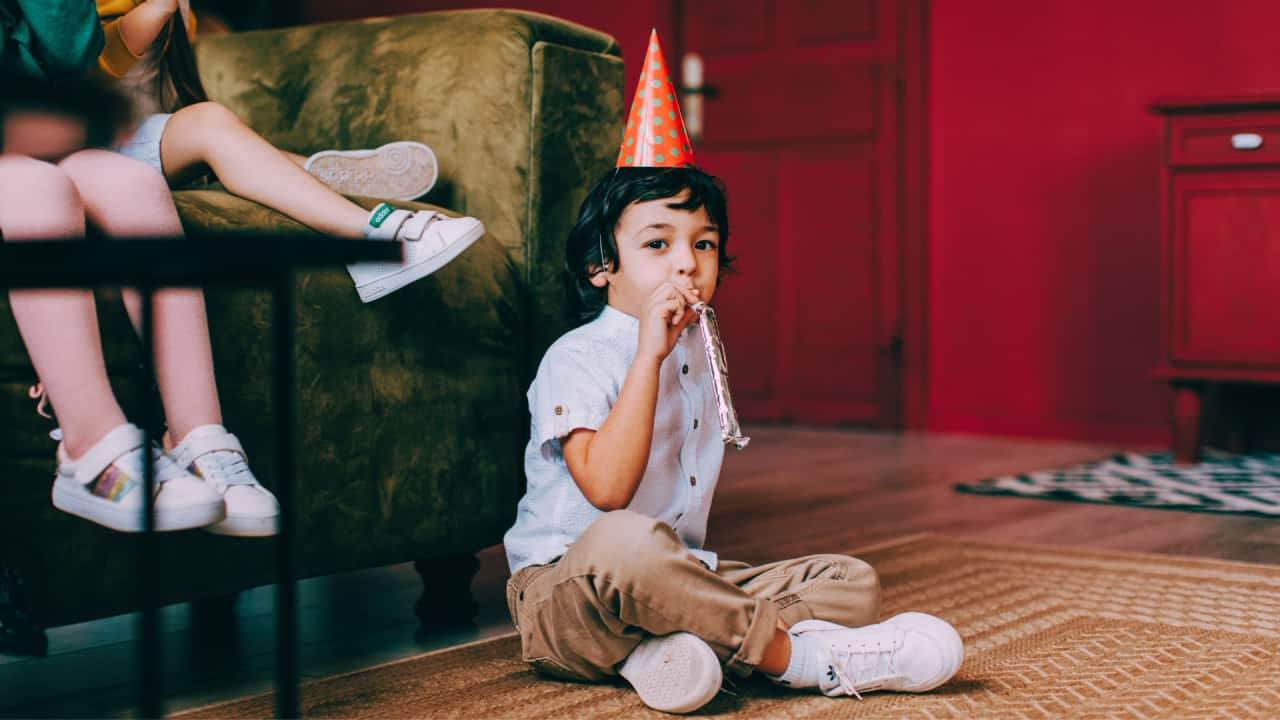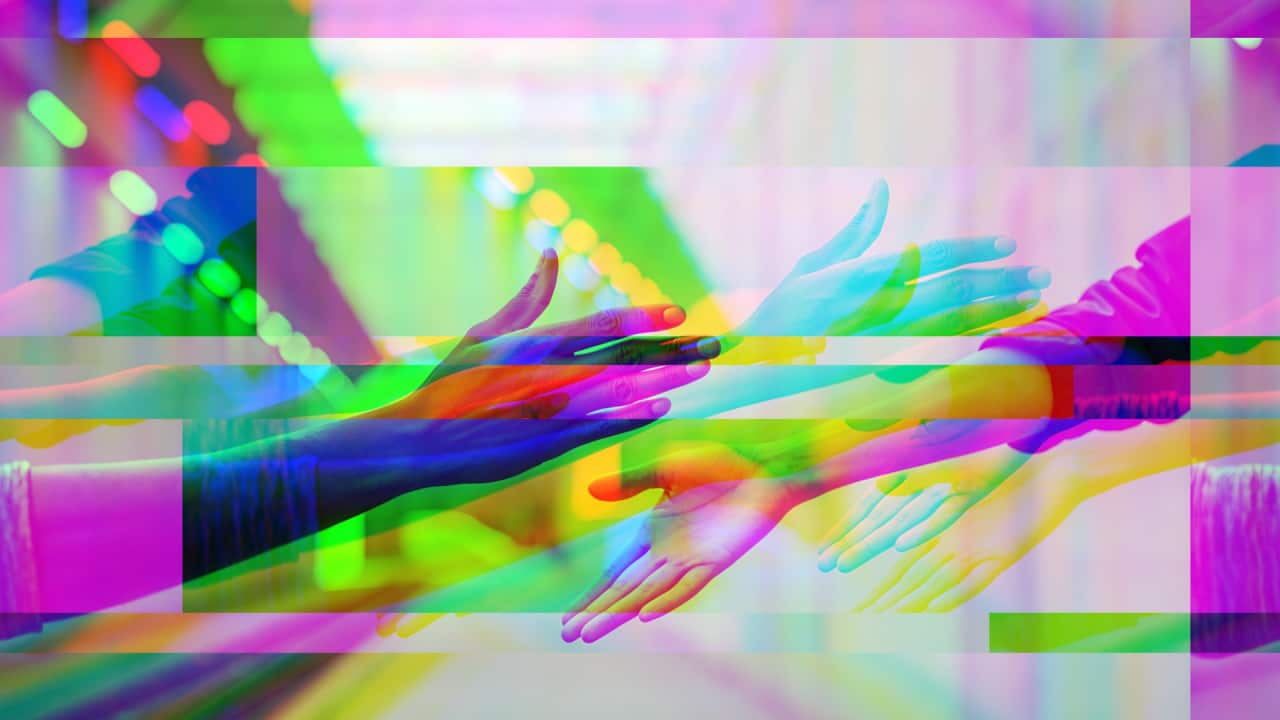Reconciliation Australia published a report in June charting a 15 percent increase in Indigenous people’s experiences of racism over the past decade.
It concluded that racism is an everyday reality for First Nations people.
Kelleigh Ryan, a psychologist and descendant of the Kabi Kabi people and Australian South Sea Islanders, said the failed Voice Referendum brought up a lot of challenges for First Nations people.
"It was a great loss. And so it became this invisible blanket of aggression that people had a lot of difficulty with and those who didn't have time and space to grieve were still having to work through that grief," she said.
Reconciliation Australia's research found young people and multicultural communities were the most likely to participate in truth-telling activities and celebrations of First Nations culture.
Jordan Young, a Darambal man, runs workshops that teach Indigenous culture to schools and businesses. He told SBS Examines it's helped break down negative stereotypes.
You're not born with racism, it's a learned trait.
"So being able to give these kids another viewpoint, another perspective on Aboriginal culture, is very, very important."
This episode of Understanding Hate looks at the rising racism towards Indigenous Australians, and how we can combat the harms.





